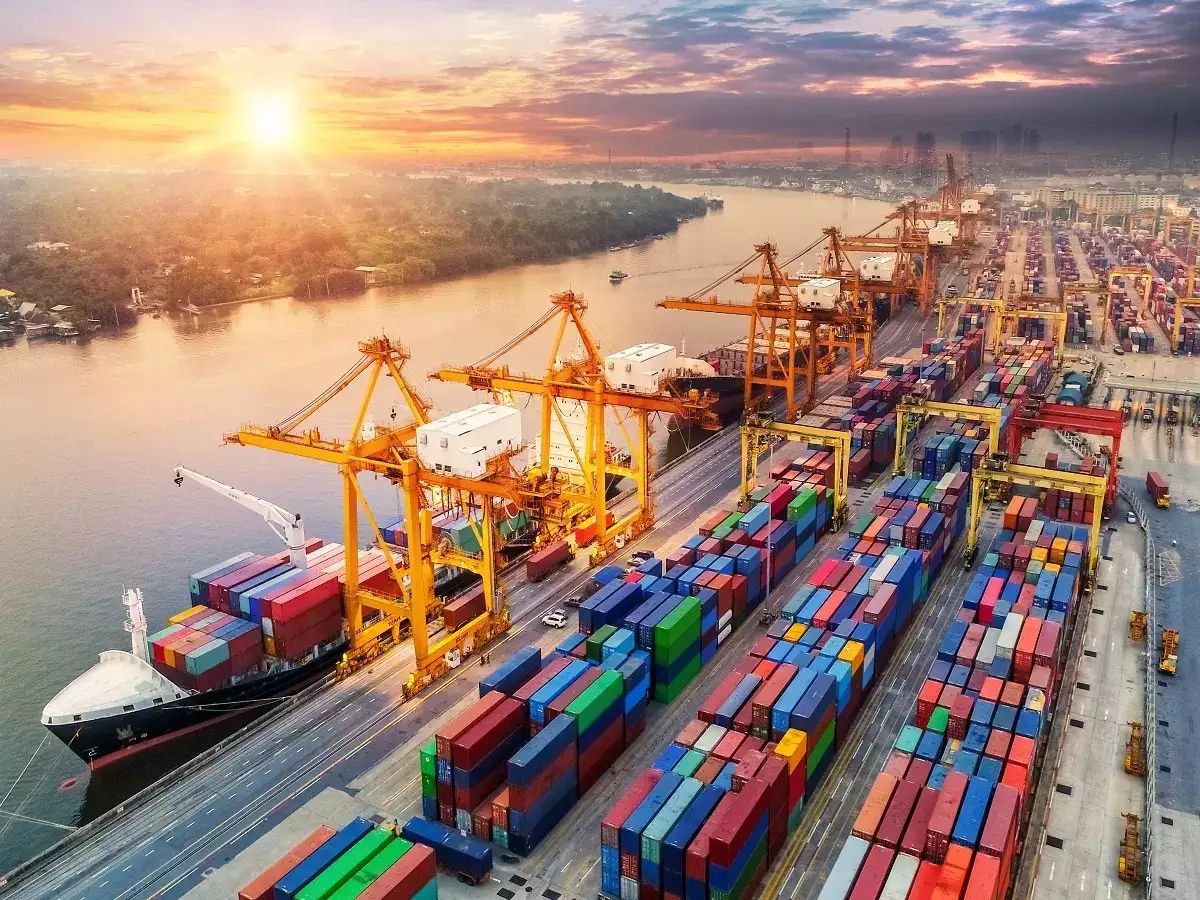After the Remission of Duties and Taxes on Exported Products (RoDTEP), the government might consider extending the Rebate of State and Central Levies and Taxes (RoSCTL) scheme until 2025-26, a move primarily aimed at benefitting the textiles sector, according to sources familiar with the matter.
The RoSCTL scheme was introduced over four years ago to enhance the competitiveness of the apparel/garments and home-furnishing segments, and its validity is currently set to expire on March 31, 2024. The textiles ministry has already sought approval from the Union Cabinet in this regard, following representations from industry stakeholders.
The objective of extending the RoSCTL scheme is to align it with the current finance commission cycle until 2026, and a Cabinet note has been proposed for the purpose. The plan entails deciding whether to merge the RoDTEP and ROSCTL schemes at the end of the financial year 2025-26, a commitment made earlier.
An extension of the scheme’s tenure would be beneficial for exporters facing sluggish external demand and could also aid in generating employment opportunities.
Under the existing ROSCTL scheme, exporters are entitled to a refund of all embedded taxes and levies that are not covered by any other rebate mechanism. Exporters receive a duty credit scrip equivalent to the value of embedded taxes and levies in their exported products, which can be utilized to pay taxes while importing equipment and machinery.
The ROSCTL scheme was implemented in March 2019 as a replacement for the Rebate of State Levies (ROSL) scheme, which had been in effect before the rollout of the Goods and Services Tax (GST) in 2017.
Exporters have previously highlighted the potential game-changing impact of the ROSCTL scheme along with free trade agreements (FTAs) involving India’s major trading partners. They believe that these measures could help the Indian apparel and made-up sectors achieve a larger share in global trade.

